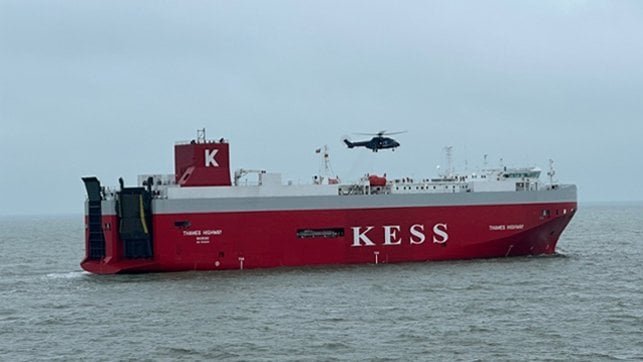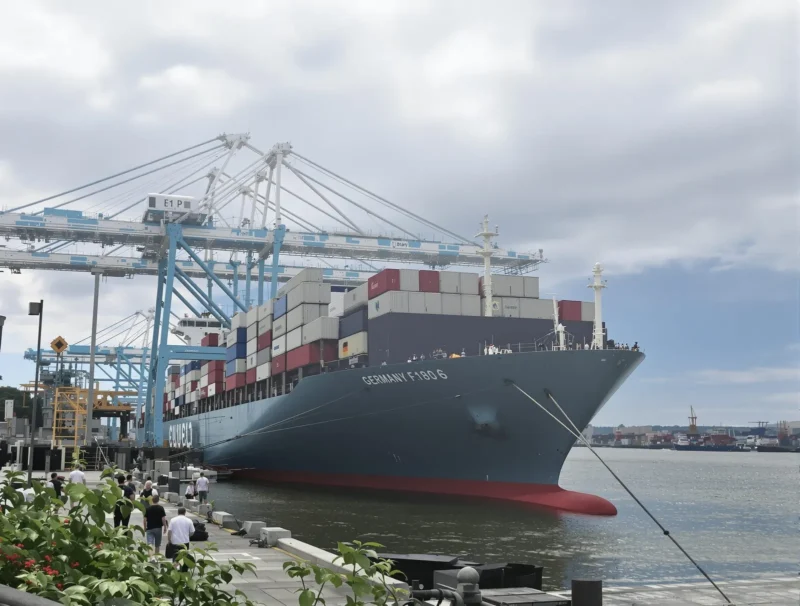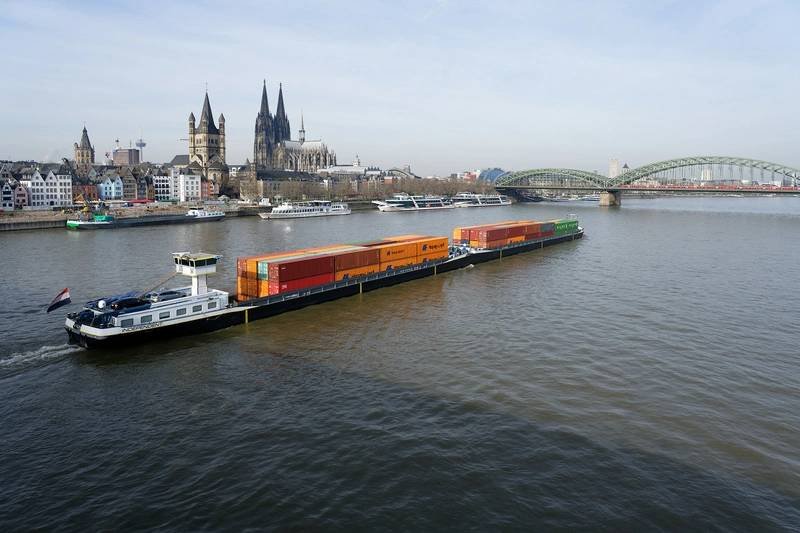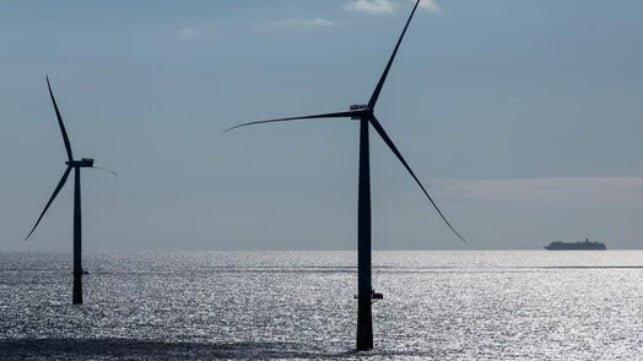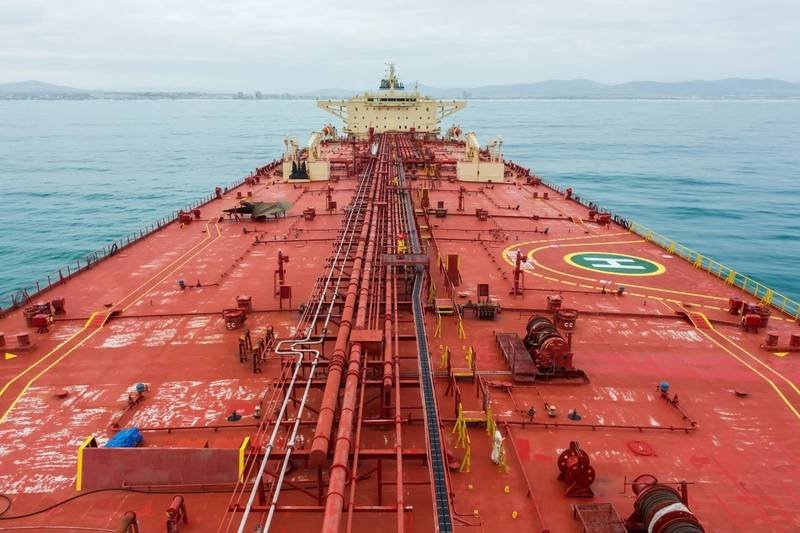New analysis from Germany reveals that the container sector is expected to bear a significant portion of penalties resulting from the upcoming FuelEU Maritime regulation, with projections indicating that it could make up nearly a third of all payouts. The implementation of FuelEU Maritime, scheduled to take effect at the beginning of the next year, is prompting shipping companies to consider the potential financial consequences of non-compliance with greenhouse gas (GHG) intensity reduction targets.
Under the new regulation, vessels failing to meet the initial 2% reduction target relative to a 2020 baseline will face penalties of €2,400 per tonne of VLSFO-equivalent. This requirement applies to 100% of energy used on voyages and port calls within the EU/EEA, as well as 50% of voyages into and out of the bloc. OceanScore’s analysis predicts that the shipping industry as a whole could incur total FuelEU penalties of €1.345bn in 2025, with the container segment expected to bear the largest share at 29%.
OceanScore managing director Albrecht Grell emphasizes the importance for shipping companies to establish a baseline for anticipated FuelEU costs in order to facilitate effective planning and budgeting processes. He highlights the necessity of developing a corporate strategy to address compliance balances, surpluses, and deficits, stressing the need for careful consideration of mitigation options. The container segment, along with ropaxes, tankers, and bulkers, is identified as facing significant financial implications under the new regulation, underscoring the importance of proactive measures to navigate the evolving regulatory landscape.







